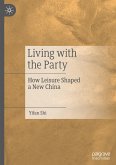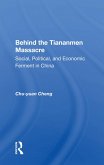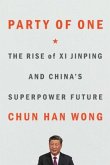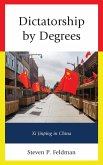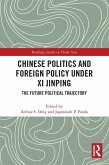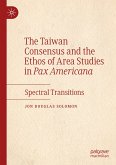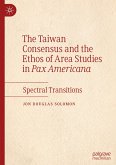This book explores the subcultures, cultural trends and regulations of leisure and subcultures among young people in Beijing from 1949 to the 1980s. It complicates our understanding of the successes of the CCP and the nature of those successes-more a synergy or synthesis than victory over society or defeat. It argues that while the CCP aimed to direct the most private sphere in people's everyday life (i.e., leisure), it did not achieve this goal by coercive means, but by appealing ways through organized leisure activities. This book suggests that although elements of youth subcultures can be observed throughout the Mao era, we should not treat them as a way of passive resistance. Instead, we must position these subcultures between different layers of the Party's leisure regulation to examine what the CCP actually achieved. Many people who engaged in subcultures defied the blatant politicization of their leisure, some might have defied the process of collectivization, but few defiedthe process of institutionalization during which people did not find state intervention contradictory to their own way of pleasure-seeking. This book also suggests that instead of regarding the Deng Xiaoping era as a breakaway from Maoist interventionist rule, we need to see the historical continuity as revealed by the Party's uninterrupted policy of leisure regulation. Thought provoking and at times amusing, this book will interest sinologists, historians, and scholars of China's social form.
Bitte wählen Sie Ihr Anliegen aus.
Rechnungen
Retourenschein anfordern
Bestellstatus
Storno


